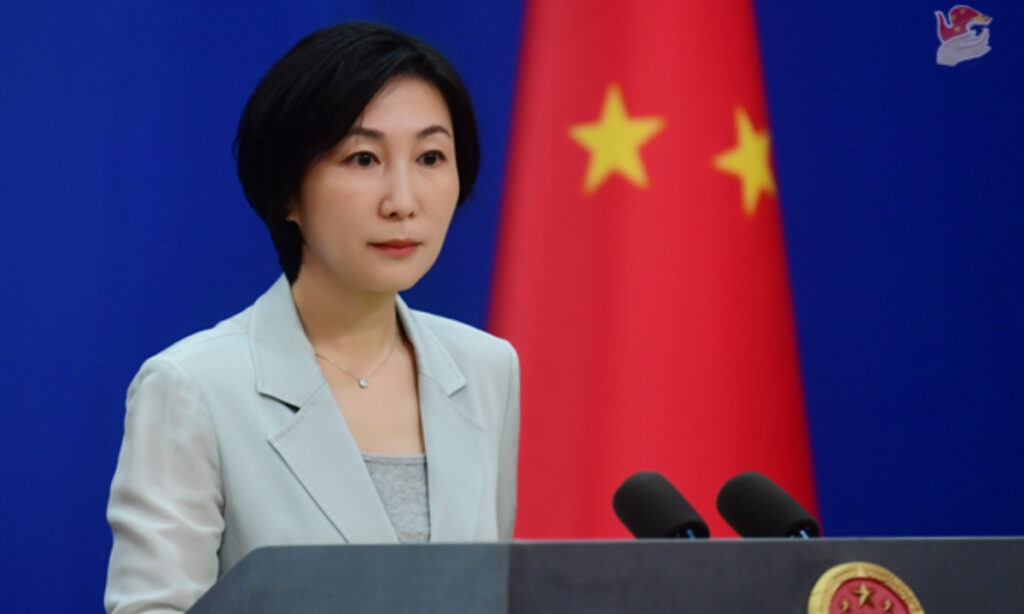Representatives from more than 90 countries have confirmed their participation in the 3rd Belt and Road Forum for International Cooperation (BRF), which will be held in Beijing in October, Mao Ning, a spokesperson of the Chinese Foreign Ministry, told a press conference on Thursday.
According to Mao, leaders, ministers and other official representatives from partner economies of the China-proposed Belt and Road Initiative (BRI), as well as people from various fields such as business, think tanks and civil society who actively support and participate in BRI cooperation, will attend the forum.
Heads and representatives of many international organizations have also confirmed their participation, and it is believed that more attendees will confirm their participation, Mao said.
“The BRF is the grandest event of the 10th anniversary of the BRI this year, and an important platform for all parties to discuss and build BRI cooperation with high quality,” she noted.
Ahead of the forum, some foreign media have been consistently badmouthing the BRI, claiming that certain leaders of developed countries will not attend the forum, before detailed information about the event is released.
A source familiar with the event preparation told the Global Times earlier that the vast majority of invitations were extended to developing countries, while some developed countries will not be included. “Whether it’s the invitation of leaders or related cooperative arrangements, China is pursuing not scale and quantity, but quality and effectiveness,” the source said.
According to the source, the core purpose of the forum is to collaborate on development, with the majority of participants of the BRI being emerging economies. Consequently, invited leaders will come mostly from developing countries.
“Over the past 10 years, the BRI has changed the rules of the game, contributing to the maintenance of multilateralism, creating better development conditions for developing countries, and providing countries along the BRI with China’s development model and experience. The BRI has become the world’s most popular public good, as it brought hope and a new development path to the global economy,” Liang Haiming, dean of Hainan University’s Belt and Road Research Institute, told the Global Times on Thursday.
Data from China’s customs showed on Thursday that in the first eight months of this year, China’s trade with economies along the BRI totaled 12.62 trillion yuan ($1.72 trillion), up 3.6 percent year-on-year.
A report from the World Bank showed that the construction of the BRI has increased trade among participants by 4.1 percent and raised the GDP of low-income countries by 3.4 percent. Benefiting from the BRI, the GDP share of emerging and developing economies increased by 3.6 percentage points from 2012 to 2021.
The World Bank estimates that by 2030, the construction of the BRI will generate annual benefits of $1.6 trillion for the world, accounting for 1.3 percent of global GDP. A total of 7.6 million people will be lifted out of absolute poverty and 32 million out of moderate poverty from 2015 to 2030.
“Moreover, the BRI, which is aimed at maintaining world peace and development, is fundamentally different from the zero-sum logic of the West,” Liang noted.
Contrary to what the West claims, the initiative is neither a geopolitical nor a military alliance, nor an “exclusionary bloc” or a “high-class club,” but a process of openness, inclusiveness and common development, the expert said.
(Global Times)




